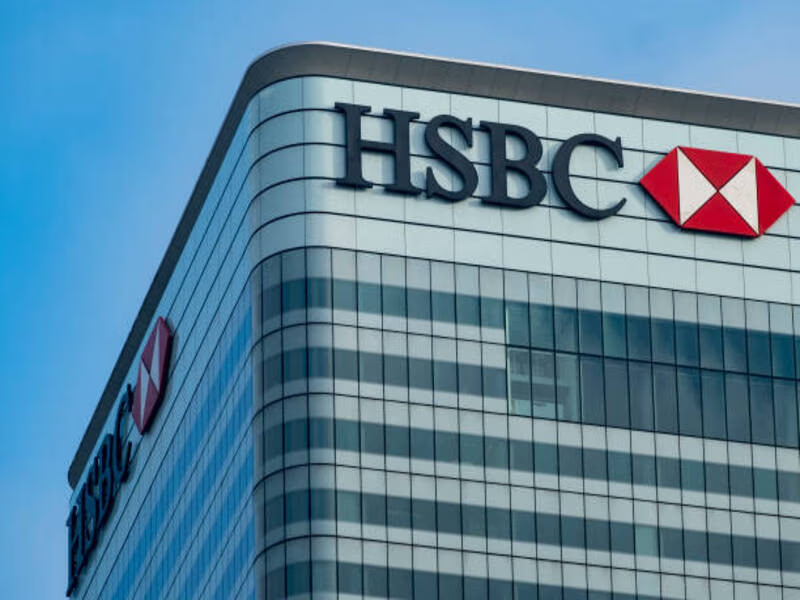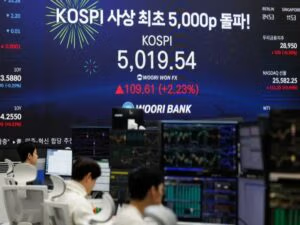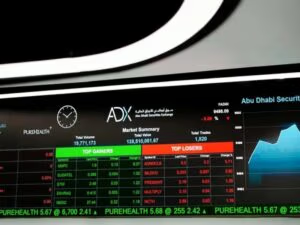Hang Seng Bank stocks were up 29.5 percent on Thursday as parent HSBC informed that it was planning to privatize by valuing it at over $290 billion Hong Kong dollars (over $37 billion).
The largest lender in Europe, HSBC, has requested the board of Hang Seng Bank to present a proposal of privatization to the shareholders through a scheme of arrangement under the Hong Kong Companies Ordinance.
Hang Seng Bank shares would be canceled at 155 Hong Kong dollars per share, which is estimated to be approximately 33 percent higher than the average share price of Hang Seng within 30 days of HK$116.5.
The deal is pegged at HK$106 billion, with HSBC owning approximately 63 percent of Hang Seng Bank. HSBC dropped more than 5 percent of shares in Hong Kong.
Group Chief Executive, Georges Elhedery said, “Our offer is an exciting opportunity to grow both Hang Seng and HSBC. We will preserve Hang Seng’s brand, heritage, and customer proposition while investing to unlock new strengths in products, services, and technology.”
He further stated that the transaction highlights that HSBC believes in Hong Kong as a major global financial hub and a “super-connector” between international markets and mainland China.

The offer will be subject to modifications that represent any dividends that are declared after the announcement date, except for the third interim dividend by Hang Seng in 2025.
The bank stated in its filing statement that “One of HSBC’s strategic priorities is to grow in Hong Kong.” It believes it is “best positioned” to do so by enhancing the Hong Kong banking of both HSBC Asia Pacific and Hang Seng Bank.
Hang Seng Bank is a major regional unit of London-based HSBC Bank, and it has a significant concentration in the banking industry in Hong Kong.
A senior analyst of Morningstar, Michael Makdad, said, “Parent-subsidiary double listings are inherently problematic in terms of governance and in this sense, it’s a positive and long-overdue move.”
Hang Seng Bank experienced a rise in bad loans over the past few years, which is connected to its focus on the Hong Kong and mainland China real estate markets, which are struggling.
According to its 2025 first-half results, the bank said that the non-performing loans amounted to 6.69 percent of total loans and advances to customers, “primarily due to ongoing credit pressure in the property sector.” It is an increase over 6.12 percent as of December 31, 2024, and 5.32 percent as of June 30, 2024.






